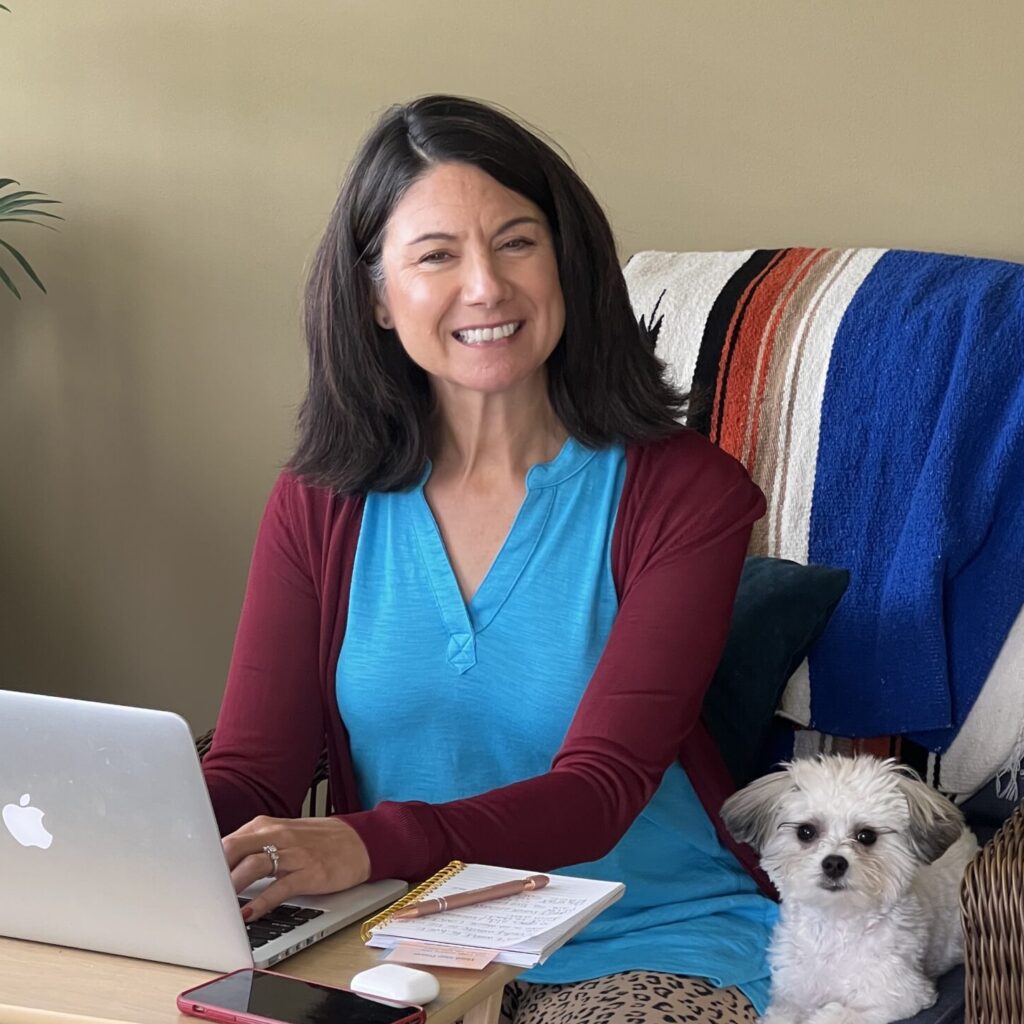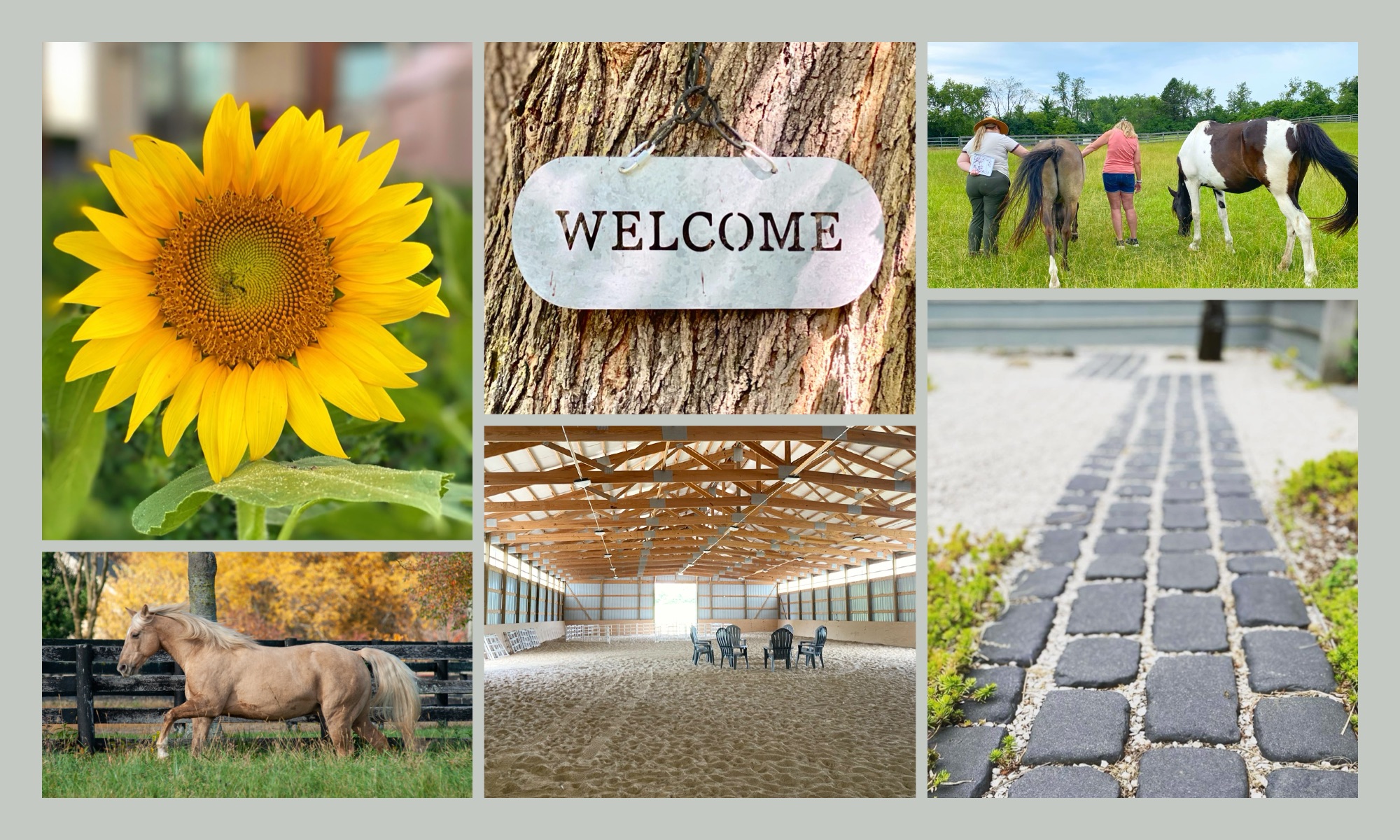Hi! I’m Kim Jozwiak. Thanks for stopping by.
I help people become more connected to their unique and authentic selves through person-centered collaboration that assists in the discovery of inner strength and resources. As a Certified Clinical Trauma Professional, I continue to research and practice evidence-based trauma treatments and interventions which include Eye Movement Desensitization and Reprocessing (EMDR), mindfulness training, cognitive restructuring and equine assisted psychotherapy (EAP). I am EMDR certified to assist individuals in building up their own inner resources to resolve trauma related symptoms like anxiety, depression, dissociation and flashbacks. I also partner with area experts and organizations to offer EAP.
What does working with horses look like? I offer 2 hour intensives for engaging the client with the relational nature of horses in processing emotional and psychological pain. This experiential way restructures neural networks, impacting the nervous system to strengthen internal resiliency. I have both EAGALA and Natural Lifemanship training that continues to support the amazing work I get to both witness and hold space for clients.
Allow me to support you in your very important work in identifying negative beliefs and dysfunctional patterns of behavior that block you from living your best life. Isn’t it time to make sense of your past and create more of what you would like to see for yourself? Professional counseling can be one of the best gifts you can give yourself.


